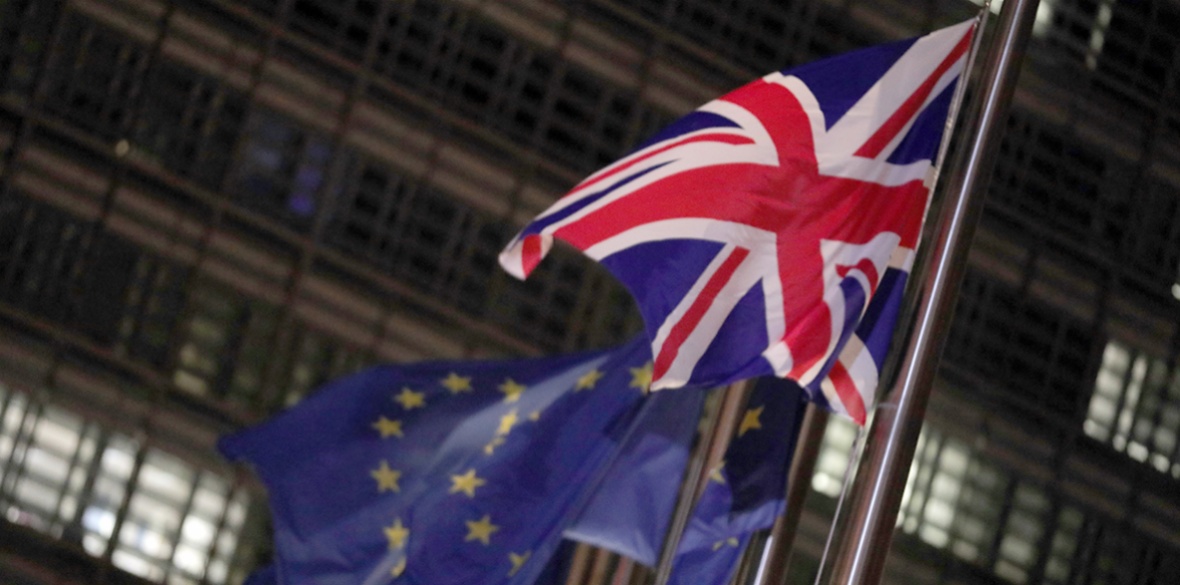This is the last article you can read this month
You can read more article this month
You can read more articles this month
Sorry your limit is up for this month
Reset on:
Please help support the Morning Star by subscribing here
MUCH of the Brexit endgame is conducted as theatre.
No surprise to shop stewards, union negotiators or even market traders who know from long experience that what appears as an irremovable obstruction to agreement can suddenly vanish into thin air and that a posture of resolute resistance is often the precursor of sudden breakthrough.
Johnson's Brussels day trip is his opportunity to grab the limelight with the promise of a last-minute deal. The sudden concession in agreeing to remove elements of the Internal Market Bill was designed to change the mood music.
Because trading links between Britain and Ireland are so intimate (and thus the Irish are so vulnerable to the predatory practices of the still persistent colonial relationship) anxiety still runs high.
The British concession has lessened this somewhat – enough anyway for Tanaiste and Irish minister for enterprise Leo Varadkar to argue that there is “ultimately more to gain and salvage from a [Brexit] agreement than we have to lose.”
In anticipation of his dinner with Ursula von der Leyen Johnson said that a good deal is there to be had but “the EU are currently insisting that if they pass a new law in the future with which we in this country do not comply or follow suit, then they want the automatic right to punish us and retaliate.”
This is tough talking but also an implicit invitation to come up with a soothing form of words or even a formula to kick the issue into touch. If and when such an issue came up in the future it would be dealt with in light of the new trading context with all the attendant posturing and necessary compromises that we see today.
This tete-a-tete with von der Leyen will not be the last act but it may define the parameters of the remaining negotiations.
For the two sides Brexit negotiators Michel Barnier and Lord Frost were playing hard cop today with Barnier saying chances of a deal were very slim.
Much of the drama around these negotiations serves to hide the fact that they are in fact not much more than talks to reorganise the basis on which the two parties are bound to continue trading.
Talks with other states about the Britain's trading relationships have been going on without much notice being taken apart from skeptical sniping at overblown boasts from Liz Truss.
On agriculture, for instance, where farmers are accustomed to high levels of state and EU subsidies Britain meets about half its food consumption while EU imports are about 25 per cent of what we eat. Fishing is not the only issue on which a last stand looks unlikely.
In this over blown drama it is easy to lose sight of the substantive issues for working people. Food prices are important. But the main problem is pay levels are disastrously low and the British diet is a window into a world of class inequalities with poor nutrition and hopeless health outcomes.
But trade is just part of the context in which Britain renegotiates its relationship with the rump EU. The Biden victory, close as it was, changes the global context in which Britain's ruling class reconstitutes its relations with its neighbours.
An important part of our ruling class is fused by shared ownership, strategic interests and often family ties with the biggest sectors of US capital, particularly in aerospace and military production.
These people have a deep investment in Britain as a channel of influence to prevent the EU emerging as a challenge to a US hegemony in which they are junior but profitable partners.












